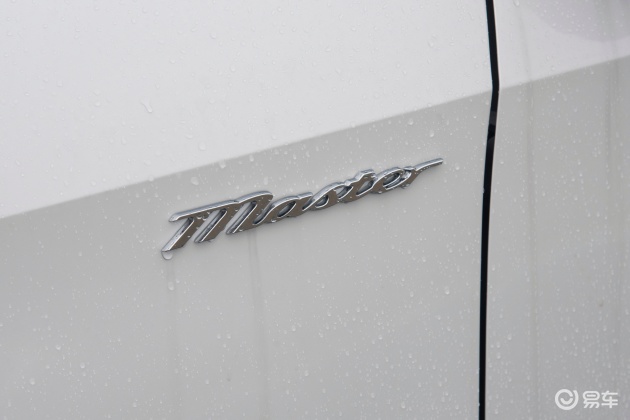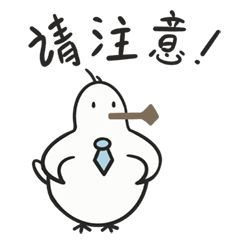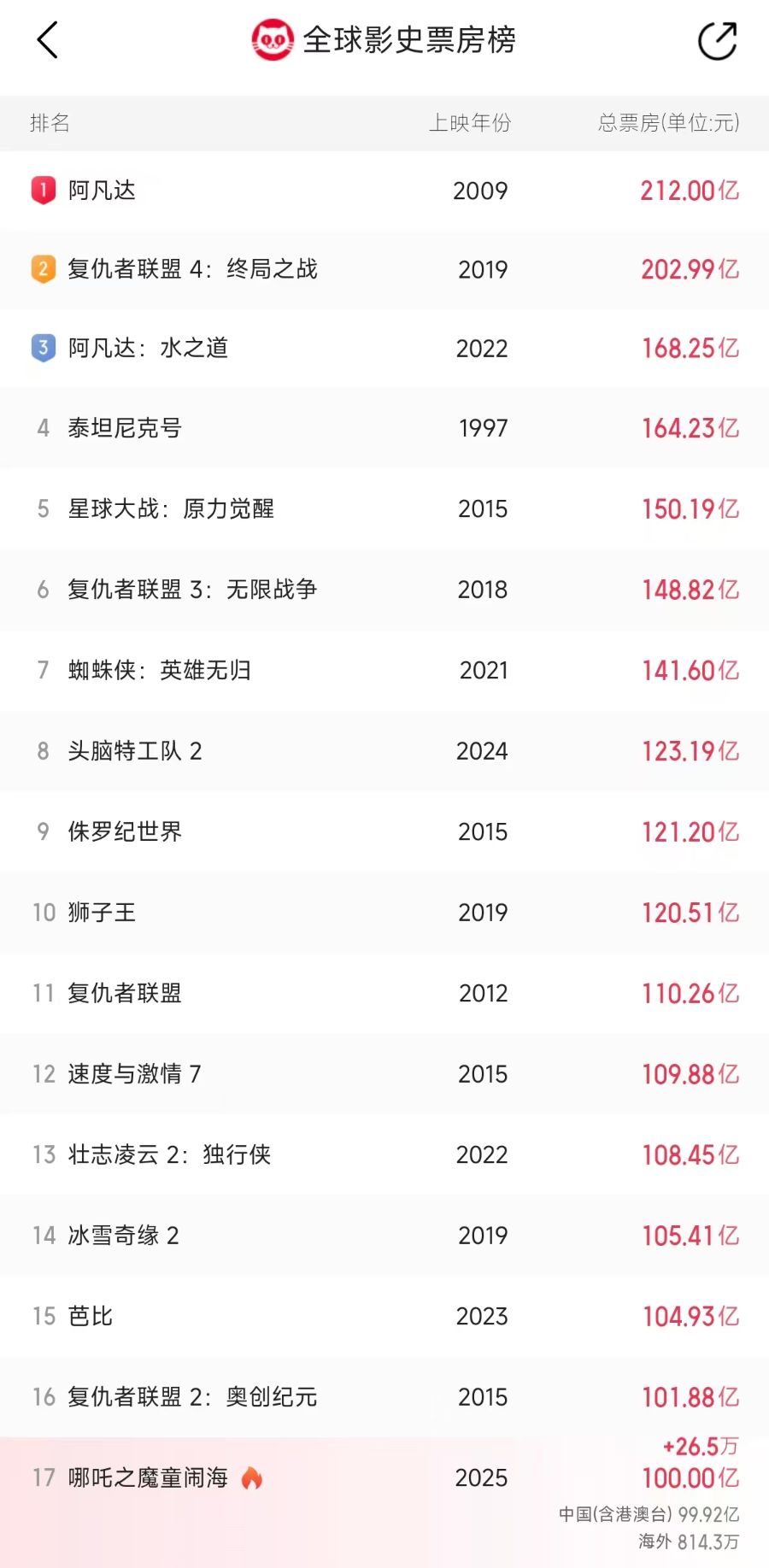With the popularity of Papi sauce and the strong rise of a large wave of female anchors, "online celebrity" is undoubtedly the word with the highest appearance rate in the first half of 2016, and it can be predicted that it will continue to be popular for a long time to come.
In fact, online celebrity didn’t exist in China this year, but has been with us since the birth of social media represented by Weibo.
Let’s see who is more popular by sorting out the Top 10 rankings of online celebrity in the past ten years.
Tenth place: Wang Nima attention: 2.44 million

Wang Nima, born on January 8, 1990, is the official editor-in-chief of Outbreak Comics and the host of Outbreak Events. Its true face was once exposed in a dinner photo of runaway comic company, but it was not confirmed. Its cooperation-creating columns include "Daily Violence" and "What Movies to Watch" and other runaway videos.
Ninth place: Papi sauce has a concern of 2.8 million

Papi sauce, whose real name is Jiang Yilei, was born in Shanghai on February 17th, 1987, and graduated from the director department of the Central Academy of Drama.
In October 2015, papi sauce began to upload original short videos online.
In February 2016, it became popular with the release of original short video content with a voice changer.
In March 2016, papi Sauce received a total financing of RMB 12 million from Zhenge Fund, Luo Ji Thinking, Light Source Capital and Star Map Capital, with a valuation of about RMB 120 million.
Eighth place: Brother Sharp’s attention is 3.64 million

Cheng Guorong, born on October 10th, 1976 in Poyang, Shangrao, Jiangxi, was called "Brother Sharp" by netizens. In his early years, he went to work in Ningbo with his fellow villagers and became a tramp for various reasons.
On February 23, 2010, due to a post in Tianya Forum — — "Spike the gorgeous first-class passerby handsome guy! Handsome enough to stab your dog in the eye! The detailed information of relatives’ human flesh quickly became popular, and was praised by netizens as "the best beggar", "the first gorgeous passerby handsome guy" and "prince and the pauper".
On March 5, 2010, with the efforts of many parties, his brother and mother rushed from Jiangxi to Ningbo Psychiatric Hospital to recognize their relatives. According to his younger brother, he still has two children in his hometown.
Seventh place: Milk tea sister pays attention to 5.43 million

ZhangZetian, born in Nanjing on November 18th, 1993, became popular on the Internet in 2009 because of a photo holding milk tea, and was called "Sister of Milk Tea".
In 2011, ZhangZetian studied in Tsinghua University.
On April 14th, 2014, ZhangZetian’s love affair with Liu Qiangdong, the head of JD.COM, was exposed by the media, causing widespread concern among netizens.
On October 1st, 2015, Liu Qiangdong and ZhangZetian got married in Australia.
On the afternoon of March 24, 2016, the milk tea sister was upgraded to be a mother.
Sixth place: Tonghua’s attention is 8.4 million

Tong Hua, whose real name is Ren Haiyan, was born in Hanzhong, Shaanxi Province on October 18th, 1980. She is a China female writer and film and television planner and graduated from Peking University.
In 2005, he wrote the first qing wear court novel treading on thin ice.
In 2006, he created the second full-length love novel "The Great Wandering Ballad" and adapted it into a costume drama "Strange Romance in the Wind".
In 2008, the third novel "Song in the Cloud" was published.
In 2009, the first urban love novel "The Secret Buried by Time" was published, and the emotional drama "The Most Beautiful Time" in Chengdu was adapted.
In 2010, the campus novel "Those Young Years Who Can’t Go Back" was published.
In 2013, I participated in the planning of the costume love comedy "Jin Yu Liang Yuan" for the first time.
In 2014, the urban emotional novel Half Warm Time was released.
In 2015, I planned the modern urban romantic idol drama "Give me up and hold on to me".
In 2016, he supervised the modern idol fantasy drama "Na Pianhai in the Starry Sky".
Fifth place: Feng Jie paid attention to 8.47 million

Feng Jie, whose real name is Luo Yufeng, was born in September, 1985. She was born in Qijiang District, Chongqing. She once sent out thousands of marriage flyers in Shanghai subway station, and also announced seven extremely harsh marriage conditions on TV emotional programs, vowing to marry a master student from Tsinghua or Peking University with a height of 1.76-1.83 meters, and to be sunny and handsome. Due to the endless stream of thunder words and astounding high standards of marriage conditions, Luo Yufeng became a hit, which attracted the attention of various media and netizens, and was dubbed by netizens as "the invincible universe is the first confidence".
In 2010, Feng Jie got an American visa and claimed that "there is no plan to go back when going abroad".
In June, 2012, it was revealed that Sister Feng is now working in a foot washing shop in the United States and living a pedicure for foreigners. Once the photos flowed out, netizens lamented, but they all praised his practice of living by his own hands.
Fourth place: Guo Meimei’s attention is 9.09 million

Guo Meimei, whose real name is Guo Meiling and nickname is Yangyang, was born in Yiyang City, Hunan Province on June 15th, 1991, and she is one of the online showgirls. Weibo nicknamed "Guo Meimei baby".
In June, 2011, Guo Meimei showed off her wealth in the Weibo under the false identity of "General Manager of China Red Cross".
On July 9, 2014, Beijing police arrested Guo Meimei who was participating in online gambling, and Guo Meimei confessed to online gambling. On August 20, Guo Meimei was arrested by the People’s Procuratorate of Dongcheng District, Beijing on suspicion of opening a casino, and the case entered the criminal justice process.
On September 10, 2015, the Dongcheng District People’s Court of Beijing held a public hearing to hear the case of Guo Meimei and Zhao Xiaolai suspected of opening a casino. Guo Meimei was convicted of opening a casino, sentenced to 5 years in prison and fined 50,000 yuan.
Third place: Wang Sicong paid attention to 10.77 million.

Wang Sicong, born in Dalian, Liaoning Province on January 3, 1988, graduated from the Philosophy Department of University College London, the only son of Wang Jianlin, chairman of Wanda Group, chairman of Beijing Pusi Investment Co., Ltd., founder of IG e-sports club and director of Wanda Group.
Wang Sicong often makes all kinds of cool comments on the Internet, and many netizens coax him into marrying him and call him husband in Weibo, so Wang Sicong has the title of "national husband".
Second place: Sister Furong paid attention to 11.16 million.

Sister Furong, formerly known as Shi Hengxia, was born in Wugong County, Xianyang City, Shaanxi Province on July 19th, 1977, and graduated from the Mechanical Department of shaanxi university of technology.
Sister Furong, who first appeared in Tsinghua, Shui Mu, Weiming and MOP websites of Peking University. I used to be a member of the postgraduate entrance examination army in Tsinghua. Since the end of 2003, Sister Furong has been posting in the unnamed forum of Peking University and the BBS of Shuimu Tsinghua as a marginal person living in Tsinghua and Peking University, especially since 2004, she has published a large number of photos in the BBS of Shuimu Tsinghua.
Sister Furong was ridiculed and ridiculed by a large number of netizens, and then became famous. Celebrity effect was quickly amplified by the spread of the internet, and then hyped by the print media.
First place: Annie Baby’s attention is 12.33 million.

Annie Baby, a native of Ningbo, Zhejiang Province, is a writer on the rich list of Chinese writers. In 1998, A Farewell to Vian made Anne Baby quickly popular on the Internet, until the publication of the novel Lotus made Anne Baby a hot-selling writer in the literary world. In June, 2014, Annie Baby announced that she would change her pen name to "Qingshan" in Weibo, and signed and published a collection of essays "De Wei Zeng You".
It is worth mentioning that the data of this list is based on the search and browsing data accumulated by netizens on Baidu’s platform in the past ten years. Therefore, online celebrity, who became famous early, such as Anne Baby and Sister Furong, ranked higher. It really should be the sentence "Be famous before it’s too late!"




















































